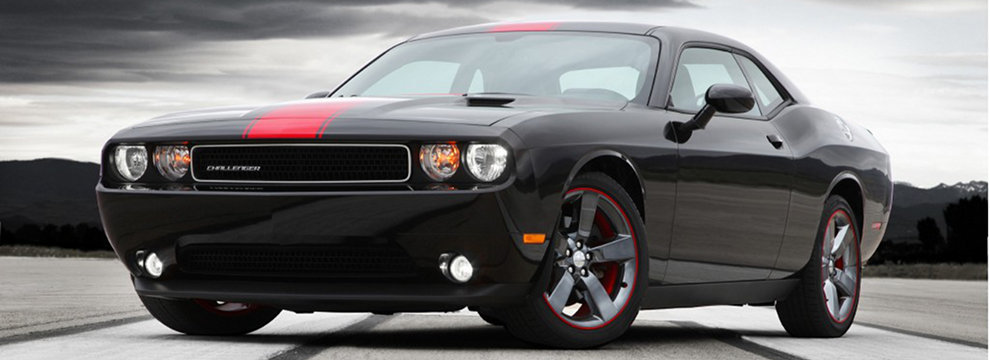
Body Shop Tools and Equipment
It may take a lifetime to accumulate all the tools you want. But, there is no time like the present to start your collection.
As a general rule of thumb, buy the best tool you can afford. Stick to the brand-name tool makers if you can - their quality is usually superior to off-brand, less expensive tools and equipment.
A panel beating kit allows you to fix minor dents and dings, and smooth out body finishes. A basic kit includes three hammers (standard bumping, reverse-curve and pick-and-finish) plus four dollies (curved, utility, double-end hand and shrinking). Buy a pair of roll-up ramps for working underneath vehicles. A car lift will give you even better, more comfortable access underneath - but is truly for the serious body shop worker.
There are a variety of welders from which to choose. A MIG welder will handle almost any type of body repair as will an oxy-acetylene gas welder, which will also handle heavy-duty cutting needs. For light body work, choose a versatile arc welder.
A glue gun can help with an astounding number of repairs. The epoxy resin can actually substitute for welding.
An air compressor is virtually indispensable in the body shop. A small unit will give you enough power to operate a spray gun and inflate tires. A medium-capacity unit can power most air tools; a large capacity model is ideal for the semi-pro and serious amateur.
Choose from a large variety of spray guns for your painting work. The most expensive model is not necessary for you to buy at the beginning. An injector gun allows you to apply rust-proofing material when and where you need it.
An air-powered orbital sander allows you to sand large areas of body filler without leaving furrows or scratch marks. (Also available in electric-powered versions.) A belt sander is great for enlarging slots and for smaller sanding jobs. A hand-held sanding block is also desirable for smaller areas while the versatile electric multi-tool can be used for grinding, sanding, polishing, and drilling. Speaking of drilling, another necessary tool is the standard electric drill, either corded or rechargeable. You will want an angle grinder for removing paint and rust, and a hand-held cutter for cutting sheet metal.
Consider a power washer for removing grease, oil, mud and grime from body parts before you begin work. There's nothing like it.
Of course, a wide variety of hand tools is a must. These include a socket set, including extensions and swivel heads; a medley of open-end and box wrenches; a hammer; a sampling of pliers; screwdrivers of various styles and sizes; and chisels and files. And next-to-last, but certainly not least, you will want fire extinguishers of the right type to put out grease, electrical and wood fires. And last, but not least either, you will want a supply of gentle but effective hand cleaner so your hands can feel good after a hard day's work.











